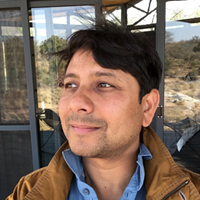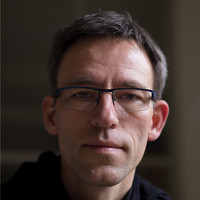Nano-Crystal Schroedinger Cats for Detecting Gravitational Waves
Anupam Mazumdar and Steven Hoekstra and foreign colleagues present new work suggesting that a compact nano-crystal interferometer could be used as an incredibly sensitive gravitational detector called MIMAC.
By using nano-crystals (10-17 kg diamond crystals) in spatial superpositions we are able to measure and then compare the strength of gravity in two locations simultaneously. This work builds of recent experiments showing the successful interferometry using the Stern-Gerlach method, which holds the promise for creating much larger superpositions using much heavier particles than previously possible. By using larger masses the researchers can couple the interferometer to the gravitational field more strongly, while also increasing the detectors sensitivity to any signals received. In their paper they show how such an interferometer, or other similar interferometers, can be used to directly measure not only the Newtonian potential, but space-time curvature and even gravitational waves directly. This work suggests that mid frequency gravitational waves could be detectable using an apparatus 4000 times smaller than current state of the art.
The researchers also highlight a method for further increasing sensitivity to gravitational waves which has the side effect of simultaneously decreasing the sensitivity to common noise sources in such a detector. Finally they present a noise and uncertainty analysis to demonstrate that this proposed experiment, which is clearly very challenging, is a strong motivation to push current technology to the required level.


More information:
• Prof.dr. Steven Hoekstra, Cold Molecules
More news
-
10 February 2026
Why only a small number of planets are suitable for life
-
09 February 2026
Can we make the earth spin in the opposite direction?
